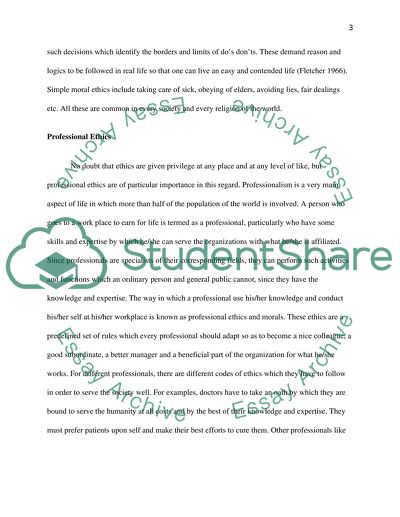Cite this document
(“Sincerity and Professional Ethics Essay Example | Topics and Well Written Essays - 2000 words”, n.d.)
Retrieved from https://studentshare.org/philosophy/1399149-sincerity-and-professional-ethics
Retrieved from https://studentshare.org/philosophy/1399149-sincerity-and-professional-ethics
(Sincerity and Professional Ethics Essay Example | Topics and Well Written Essays - 2000 Words)
https://studentshare.org/philosophy/1399149-sincerity-and-professional-ethics.
https://studentshare.org/philosophy/1399149-sincerity-and-professional-ethics.
“Sincerity and Professional Ethics Essay Example | Topics and Well Written Essays - 2000 Words”, n.d. https://studentshare.org/philosophy/1399149-sincerity-and-professional-ethics.


